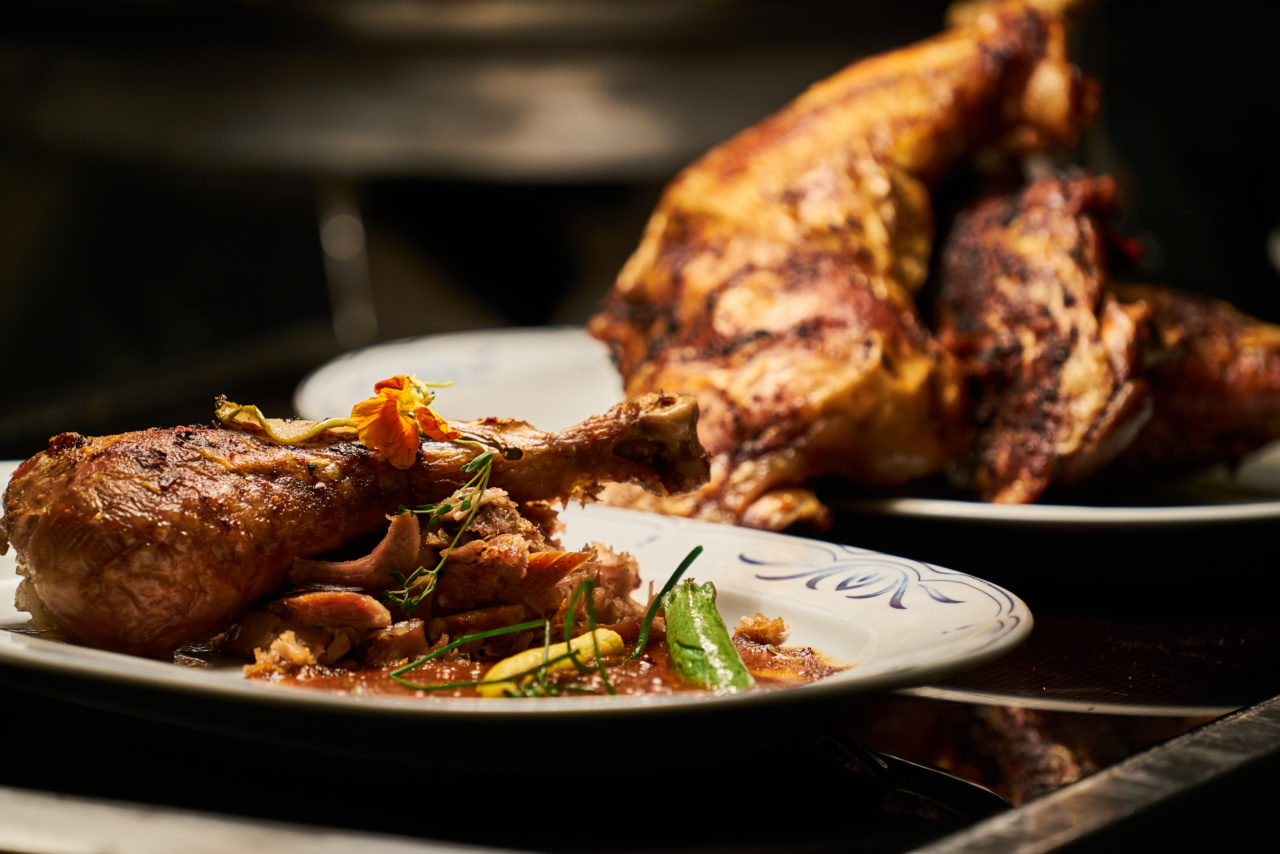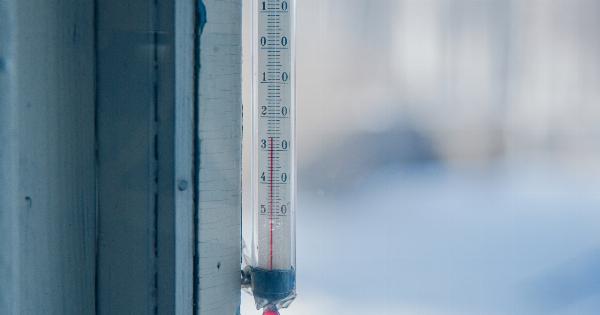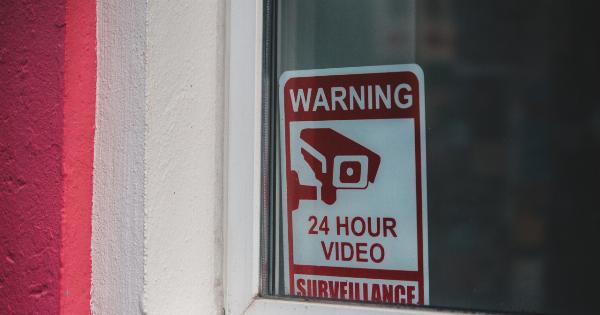Have you ever been told not to water hot dishes when washing them? Maybe your parents or grandparents advised you not to, but you never understood why. As it turns out, there’s science behind this age-old advice.
Why You Shouldn’t Water Hot Dishes
When you expose hot dishes to cold water, the sudden temperature change can cause them to crack or shatter. This phenomenon is known as thermal shock.
Thermal shock occurs when an object undergoes rapid temperature changes, causing different parts of the object to expand and contract at different rates. This can lead to stress, cracks, or even fractures in the material.
So, if you’re washing a hot glass baking dish and you run cold water over it, the temperature difference can cause the dish to crack or break. The same thing can happen with ceramics or even metal cooking pans.
In most cases, letting the dish cool down before washing it will prevent any damage from occurring.
The Science Behind Thermal Shock
Thermal shock occurs because different materials expand and contract at different rates when exposed to temperature changes. For example, when a glass dish is heated in the oven, the glass expands.
If you take the dish out of the oven and put it in cold water, the outside of the dish will cool down quickly and contract, while the inside of the dish, which is still hot, will continue to expand. This creates stress in the material, which can cause it to crack or break.
Ceramic and metal materials can also experience thermal shock. In these cases, the stress can be even greater because these materials are less flexible than glass.
How to Prevent Thermal Shock
The best way to prevent thermal shock is to avoid exposing hot dishes to rapid temperature changes. Here are some tips:.
- Let hot dishes cool down before washing them
- Avoid putting hot dishes in cold water
- If you’re reheating food in a glass or ceramic dish, preheat the oven or microwave before putting the dish in
- Use a pot holder or oven mitt when handling hot dishes to avoid sudden temperature changes
Conclusion
The science behind not watering hot dishes is rooted in the phenomenon of thermal shock. Exposing hot dishes to cold water can cause them to crack or break due to the different rates of expansion and contraction in the material.
By letting hot dishes cool down before washing them and avoiding sudden temperature changes, you can prevent thermal shock and keep your dishes intact.




























